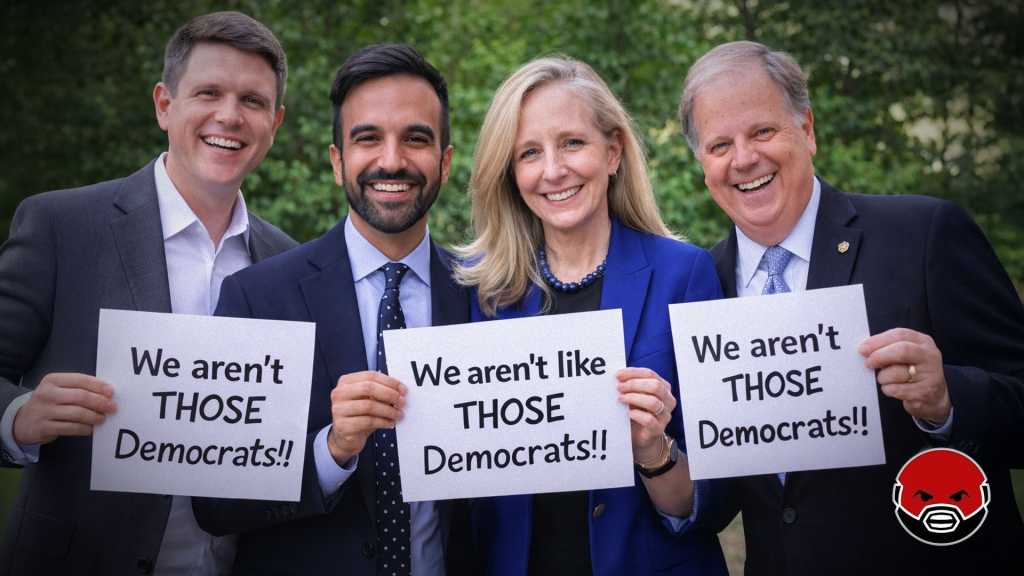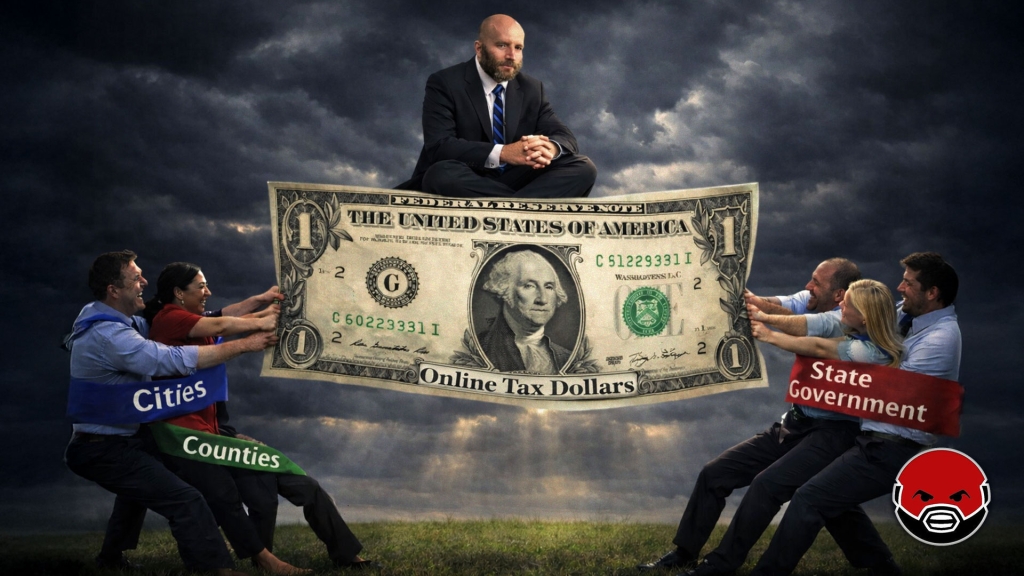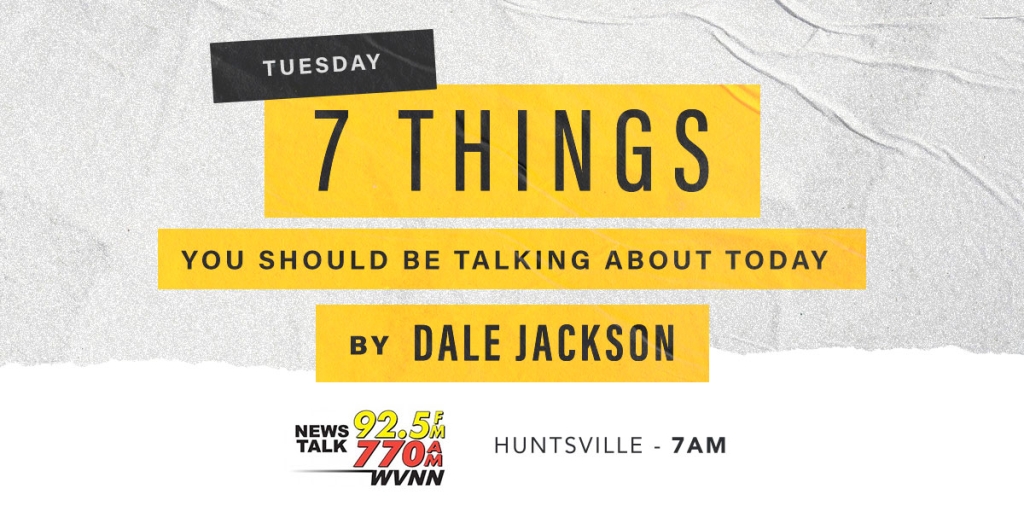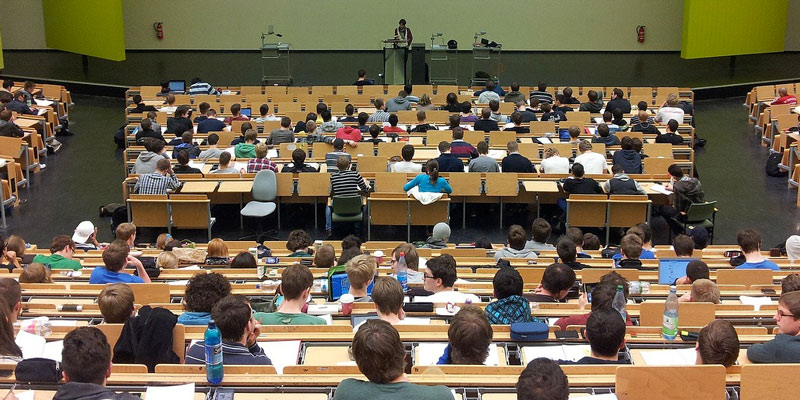Zac Davis of America magazine addressed those who proceeded us in a recent article entitled “Please stop blaming millennials for the economy you created,” beginning, “Nothing is so timeless as complaining about the next generation.” Nothing – except maybe complaining about the previous generation.
Davis’s piece, a review of millennial Malcolm Harris’s new book Kids These Days: Human Capital and the Making of Millennials, blames Gen Xers and baby boomers for millennials’ economic woes (I must note that Malcolm Harris is a communist – Zac Davis may be too, I don’t know – who was very active at the Occupy Wall Street protests, and communists have never been too happy about how the western economy functions).
He quotes Harris: “By every metric, this generation is the most educated in American history, yet millennials are worse off economically than their parents, grandparents, and even great-grandparents.”
I have two things to say about this proposition, and about Davis’s subtext of millennial suffering at the hands of our forebears: Millennials aren’t actually exceptionally educated, and they’re not suffering.
First of all, I haven’t read Harris’s book, and Davis doesn’t go into great detail about it, but I assume that to support his claim as quoted above, Harris uses data such as: “about 21% of Millennial men have at least a bachelor’s degree, compared with only 12% of their young Silent counterparts.” Maybe he cites this Pew study: “In 2016, almost half (46%) of employed Millennial women ages 25 to 29 had a bachelor’s degree or more, up substantially from 36% of Gen X women workers when they were the same age in 2000.”
I don’t doubt these numbers, but as Inigo Montoya says, “I do not think it means what you think it means.”
Harris equates being educated on paper with actually being educated, or rather with actually having skills, but they aren’t synonymous anymore. Many millennial graduates know the ropes of Instagram but lack valuable skills, critical and measured-thinking in particular. On some campuses, this results in students berating professors, such as at Middlebury and Evergreen State Colleges (see this Frank Bruni piece, in which he and some university administrators attribute declining popularity of universities to this “distinctly illiberal liberalism”). On other campuses – I’m speaking anecdotally – there is little or no serious consideration of important social and political issues at all.
College-aged millennials, in terms of what they have to offer employers, are largely static. Students drag through their coursework, expecting their degrees to do all the job-getting work for them. Too few are aware that bachelor’s degrees don’t amount to much anymore, in terms of distinguishing a graduate from competitors. Larger shares of the young workforce are graduates, which has inflated the value of college degrees.
Economists acknowledge this, yet still argue as Bruni has in the New York Times that “a college degree is one of the surest harbingers of higher earnings and better economic security.” Even so – and I’ve seen it in my own experience – a large number of college students do little extra to augment their education.
Universities fail students by hiring faculty who enlist poor teaching methods and care about little more than their research or pensions. The economy certainly contributes to millennial struggles as well, but only so much. The question is, who is ultimately to blame? Millennials have to adapt, do more, and they haven’t been conscious enough of their own situation to do so.
Secondly, American millennials live really, really well.
It’s undeniable that, in terms of hard assets and dollars, millennials aren’t doing too great. More than 60 percent of millennials had less than $1,000 in savings last year. House ownership is down. Access to credit is down.
But they aren’t suffering. Value is measured in more than dollars.
Ninety-seven percent of millennials had smartphones in 2016, according to Nielsen. They also have access to Chipotle, LinkedIn, Twitter, and Chipotle.
Joking aside, millennials have more resources at their fingertips than any generation, ever.
Though it has probably been repeated by numerous people in numerous places, Warren Buffet has argued, I think persuasively, that the average American today lives better than did John D. Rockefeller, the richest man in the world, did more than a century ago.
I agree – it’s not so bad.
Jeremy Beaman is in his final year at the University of Mobile and also writes for The College Fix. Follow him on Twitter @jeremywbeaman.













